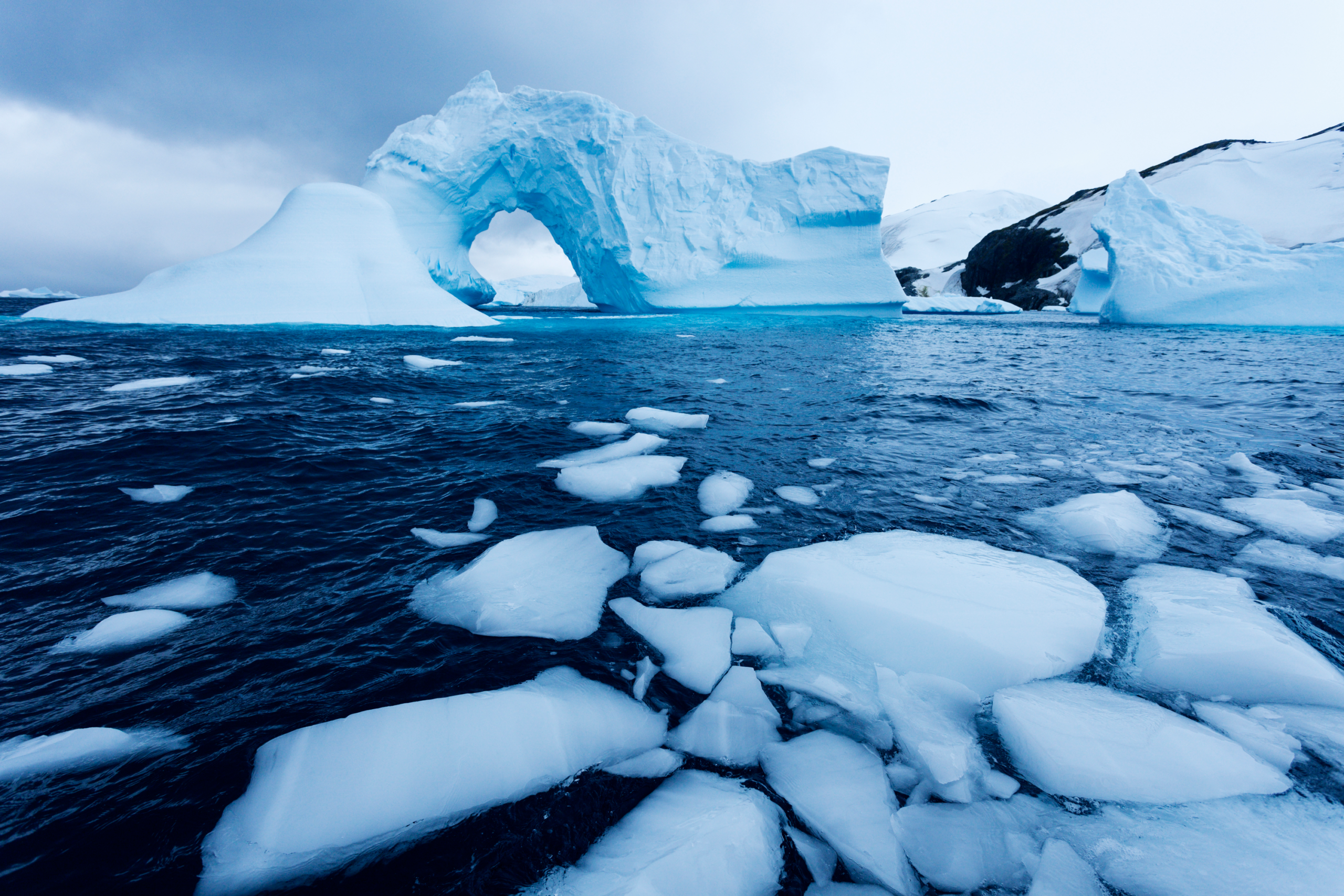Glaciers are essential components of Earth’s climate, holding a large part of the planet’s freshwater resources and playing a significant role in global sea level rise. But when it comes to glaciers, recent scientific studies have shown that many of them are melting away at an alarming rate due to rising global temperatures, leading to devastating consequences for both land and sea life.
In the Northern Hemisphere alone, 85% of all glaciers ending in oceans have been retreating since 2000, with 9,000 gigatons of ice melting away into the ocean and raising water levels by more than an inch in the past two decades. Moreover, two-thirds of land-based glaciers are expected to vanish by 2100 if current warming trends continue on their current trajectory.
The melting of glaciers today is reminiscent of the Little Ice Age—a period from around the 1400s to the mid-1800s when the average global temperature decreased by 0.6 degrees Celsius (1.1 degrees Fahrenheit). Scientists believe there could be a variety of causes behind this cooling trend including long stretches of low sunspot activity, and notable volcanic eruptions such as Tambora (1815) or Krakatoa (1883) which released huge amounts of aerosols into the atmosphere blocking heat from entering Earth’s surface and drastic changes in North Atlantic Oscillation pressure over the North Atlantic Ocean.
As we move forward with climate change, it is important to understand that our earth has experienced periods similar to these before with different causes behind them which give us valuable insight into what might happen next as well as ideas on how we can adapt and mitigate future impacts. By taking action now we can make sure future generations do not experience anything close to what happened during The Little Ice Age or worse – that they don’t suffer irreversible damage due to ever-increasing temperatures caused by human activities such as burning fossil fuels and deforestation.
We know that glaciers will keep shrinking regardless due to higher temperatures but there are things we can do which combined together can slow down glacier melting significantly such as introducing renewable energies like solar or wind power instead nuclear fission reactors; reducing emissions from cars, trucks, and airplanes; investing in sustainable agriculture practices; eliminating subsidies for fossil fuels among others. All these actions would help us combat global warming while also protecting our freshwater resources for future generations.



